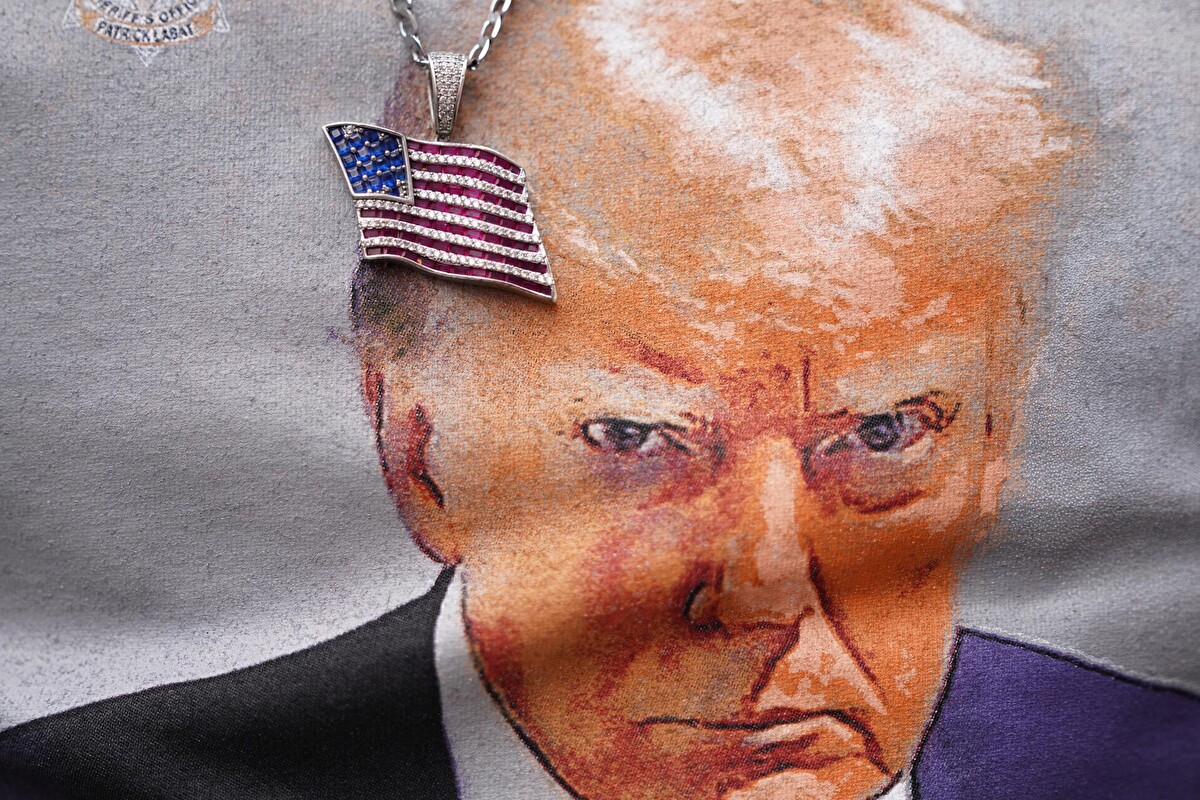Amanda Knox has once again turned her attention to Italy, the nation where she endured detention during her student years, only to later be acquitted of the charges against her. In the aftermath of a recent podcast interview, the former American student, cleared of the murder accusations related to Meredith Kercher, took to her social media platforms to declare her intention to revisit Italy. Instead of expressing apprehension about the return and standing up for herself, she conveyed her “excitement” at the opportunity to reclaim her name and pursue justice.
Now a mother of two, Knox elucidated the motivation behind this decision, garnering support from her social media followers: “I want my daughter and son to witness what it means to uphold the truth and one’s principles.” Previously hesitant to return to Italy, she now asserts, “all these years later, I finally am.” Despite being widely appreciated and acknowledged on social media for her podcasting endeavors rather than the Italian events, Knox still faces some critics, primarily linked to the legal entanglement that continues to provoke public scrutiny, especially in Italy.
On November 1, 2007, British student Meredith Kercher was discovered murdered in the residence on Via della Pergola in Perugia, where she roomed with Amanda Knox. Initial investigations honed in on Knox, resulting in her arrest along with her then-boyfriend, Raffaele Sollecito. Although both were acquitted in 2015, it led to four years of incarceration for a crime of which they were ultimately found innocent, as per the Italian justice system. In contrast, Rudy Guede received a 16-year sentence for his role in the murder and was released at the close of 2021 after completing his sentence.
Distinct from Sollecito, Knox faced an additional charge – defaming Patrick Lumumba, erroneously implicated in Kercher’s murder and later proven entirely innocent. Knox received a three-year prison sentence for this offense, which she later appealed in 2019. Her legal team invoked a 2019 ruling by the European Court of Human Rights, contending that Knox’s rights were violated during initial interrogations with Italian investigators due to the absence of legal representation and an interpreter. In October 2023, the court acknowledged the possibility of a new trial.












